Or checkout the ‘Hollywood Heist’ backlot.
Image: BBC/Bronte Film
From: https://www.digitalspy.com/tv/a28364446/jk-rowling-strike-lethal-white-resumes-filming-director/
Hi everybody.
**for writing nerds**
Here is some more research into why this is taking so long: I've unintentionally been tackling this story in three stages.
2020 was about plotting—figuring out what happened, where, and in what order.
2020 was also about "Blocking", in theatre parlance that means where the characters actually stand on stage. For Hollywood Heist this was figuring who was saying what and how they were responding to one another.
Stage #3 is what I'm trying to do now: the emotions. This is figuring out what the main character thinks and feels about everything as she moves through each scene. I didn't even know this was something you were supposed to do in books.
As I continue reading Silkworm at a snail’s pace I’m attuned to how Mr. Galbraith does it. Here are a couple examples I pulled of how Galbraith provides the emotional experience of main character, Cormoran Strike:
Example 1, Strike is meeting his half-brother for dinner:
“Yeah, not bad,” echoed Al. “Not bad. Could be worse.”
He gave a kind of exaggerated Gallic shrug. Al had been educated at Le Rosey, the international boarding school in Switzerland, and his body language still bore traces of the Continental manners he had met there. Something else underlay the response, however, something that Strike felt every time they met: Al’s guilt, his defensiveness, a preparedness to meet accusations of having had a soft and easy life compared to his older brother.
I didn't even know about this stage. I probably would have written the first sentence and moved on. There’s a fine line between interesting exposition and too much. Galbraith stays right on it.
Example 2, this was from the same chapter:
“Yea,” said Al, with a slight frown; then: “Let’s face it, Dad knows everyone.”
It reminded Strike of the way Elizabeth Tassel had said “I thought everyone knew” why she no longer represented Fancourt, but there was a difference. To Al, “everyone” meant the “someones”: the rich, the famous, the influential. The poor saps who bought his father’s music were nobodies, just as Strike had been nobody until he had burst into prominence for catching a killer.
Again, we are getting right inside the mind our friend, Strtike.
Example 3, Strike and his assistant, Robin are having lunch at a pub.
“You know, I could follow the Brocklehurst girl for you,” she offered again, “If your leg’s too—?”
“No,” snapped Strike.
He felt sore, angry with himself, irritated by Matthew and suddenly a bit nauseous. He ought not to have eaten the chocolate before having steak, chips, crumble and three pints.
Okay, I really just enjoyed how he said he “ought not to have eaten” it. I will be using that phrase at some point this weekend.
Anyways, that’s a big portion of what I’ve been working on as of late and why it’s taking so long to get out of the first Act. I hope I’ll remember to just do all this during the first go-around in book two.
But then what will we talk about in the newsletter? :(
:)
Cheers my friends, have a happy Friday,
Charlie
Have some thoughts? Feel free to drop a comment or hit me up: charlie@charleskunken.com


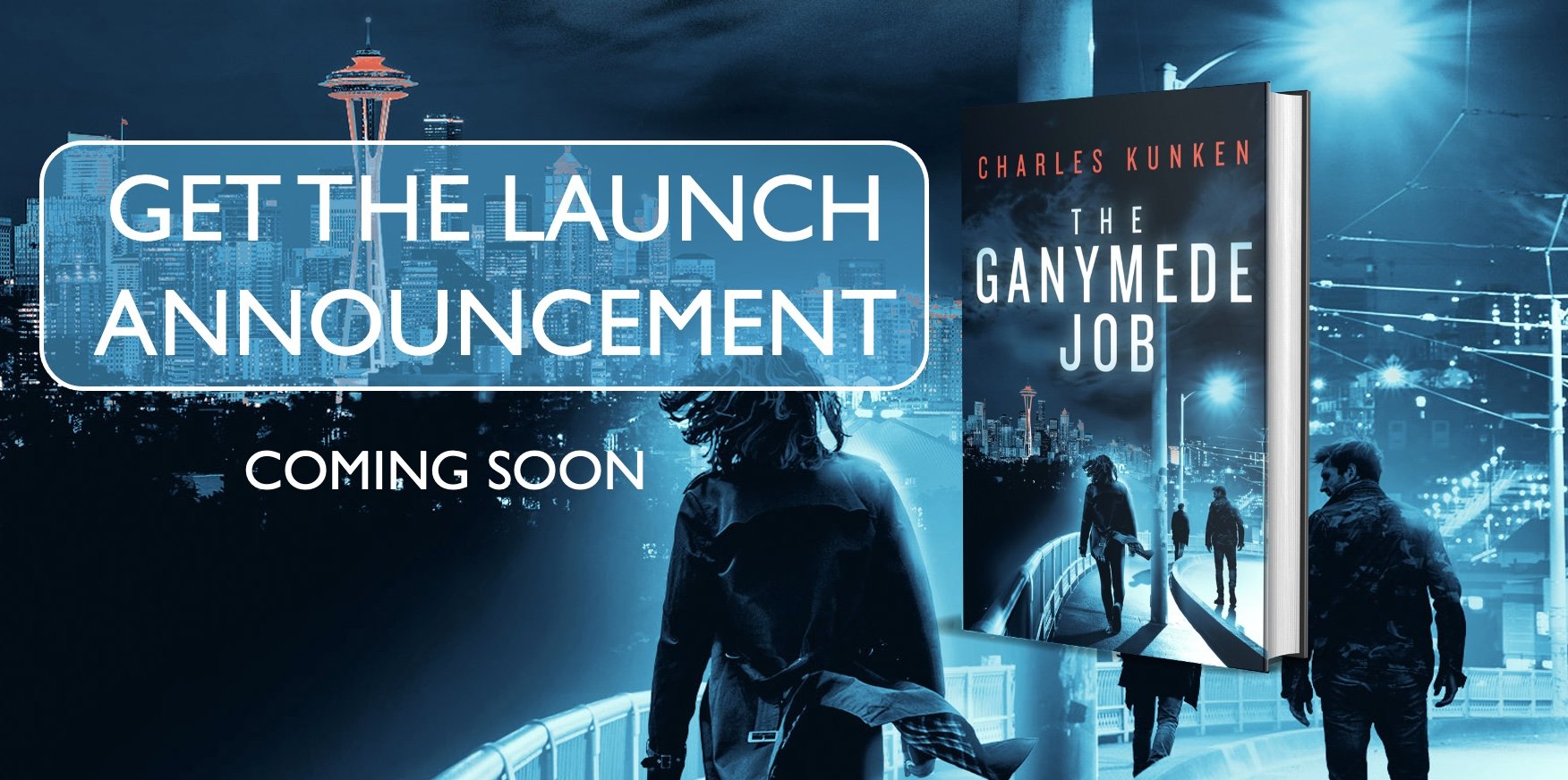

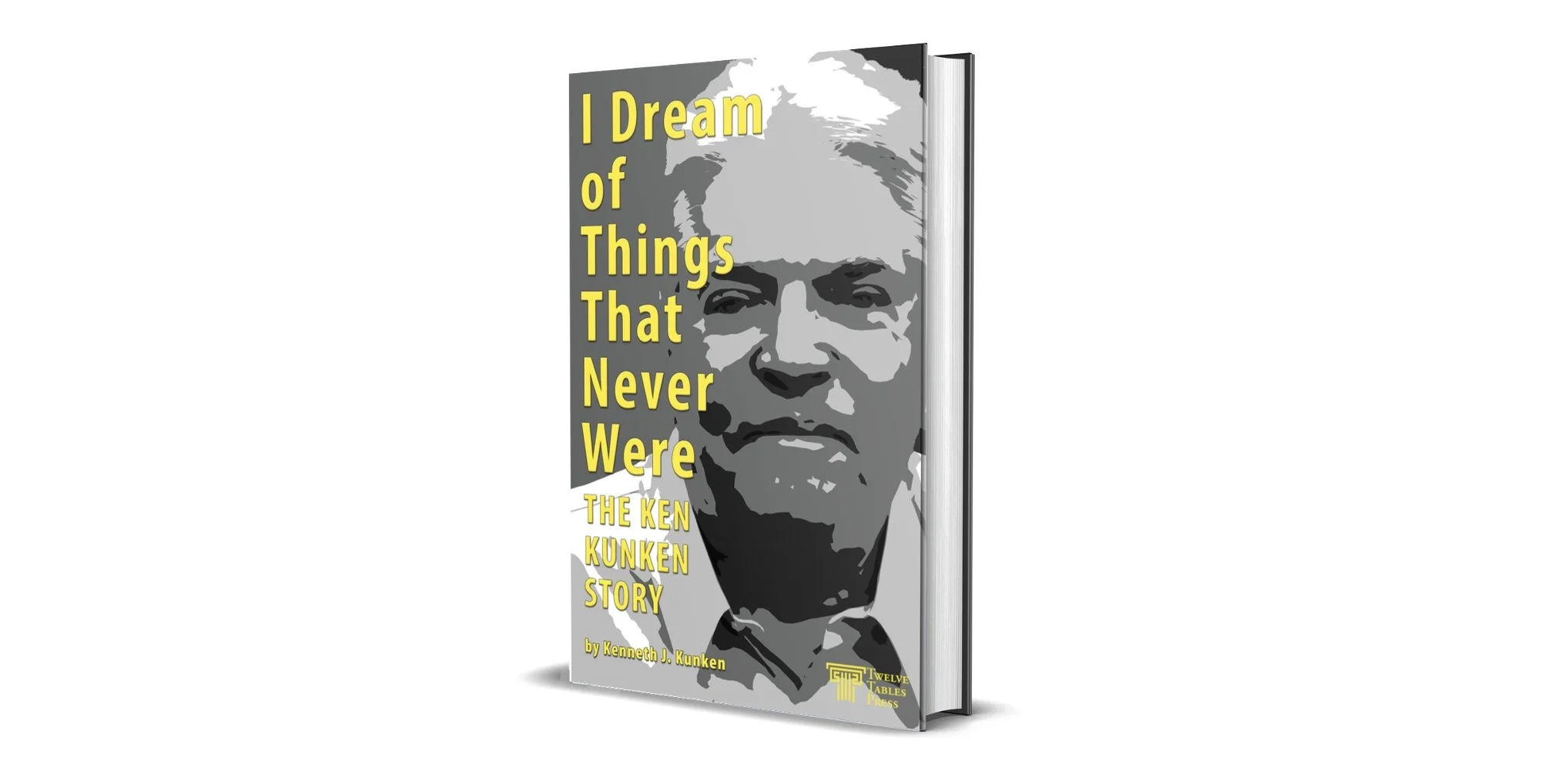
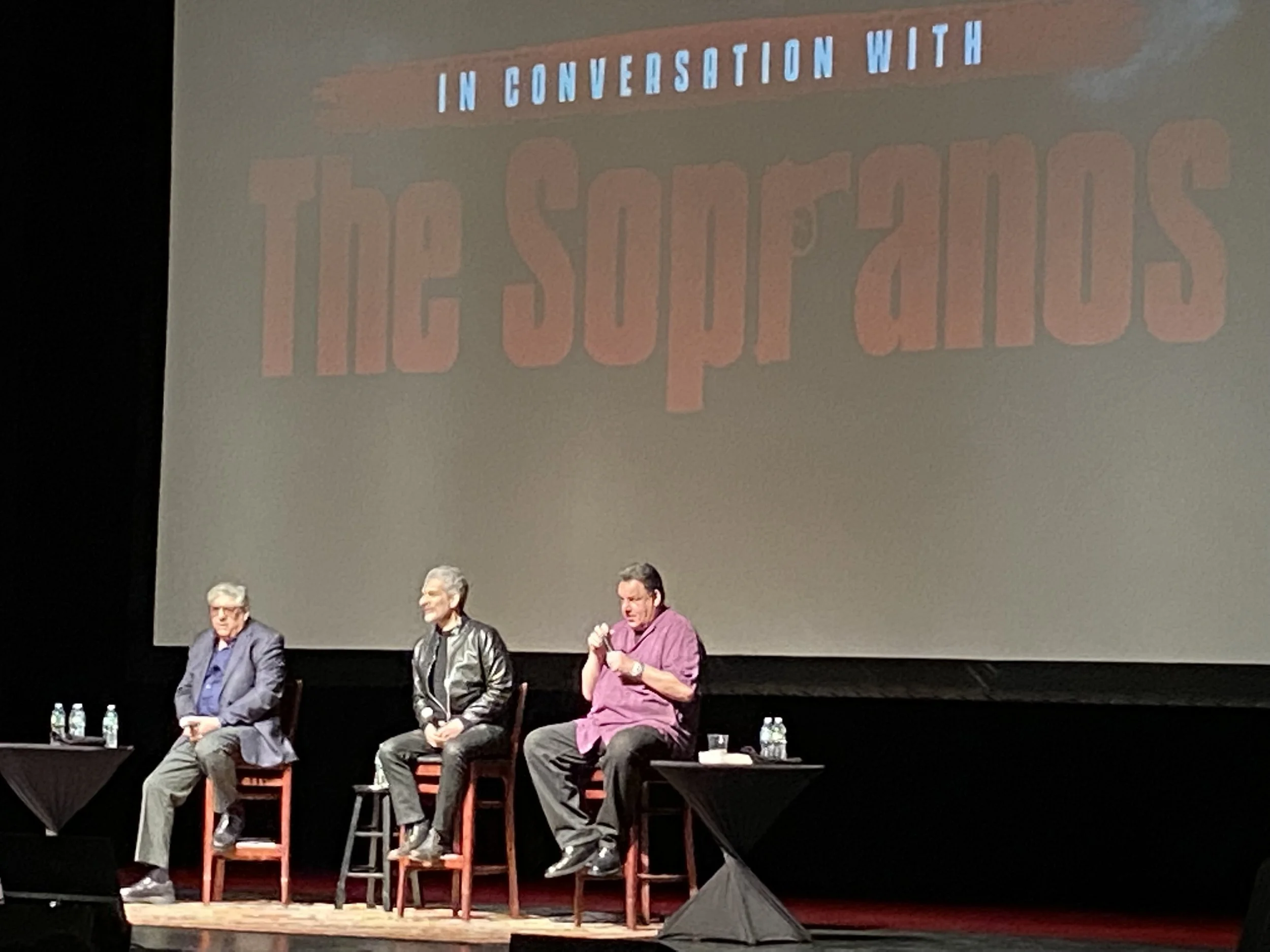


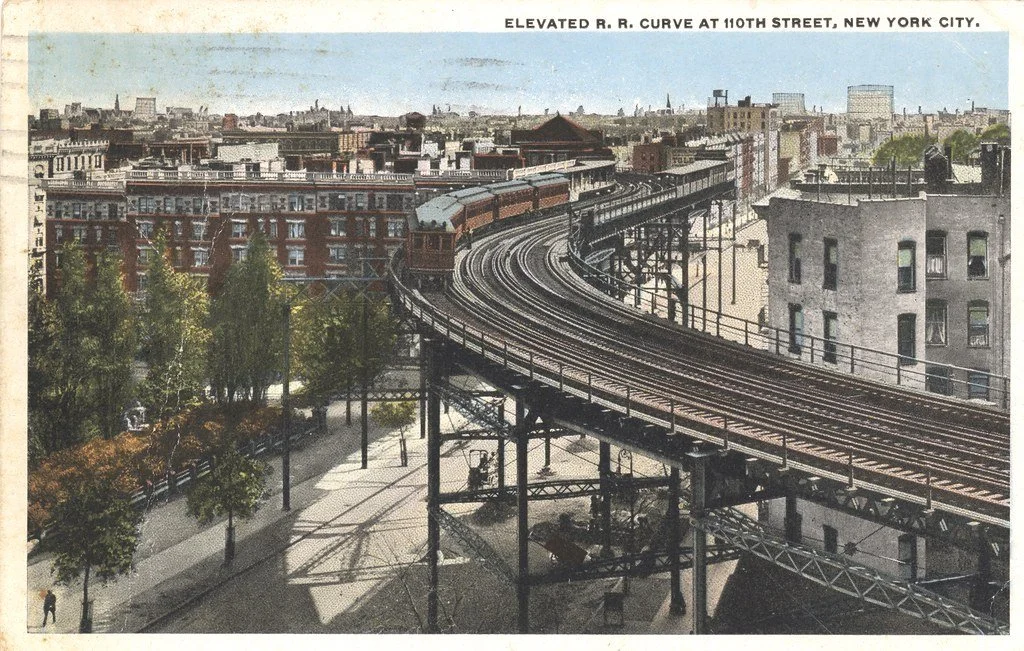

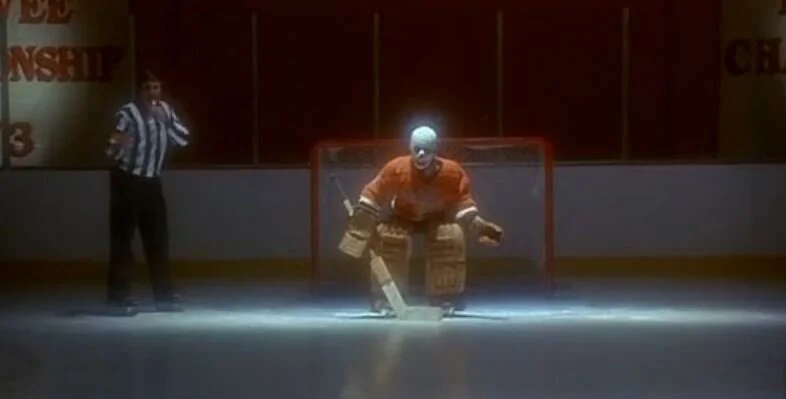

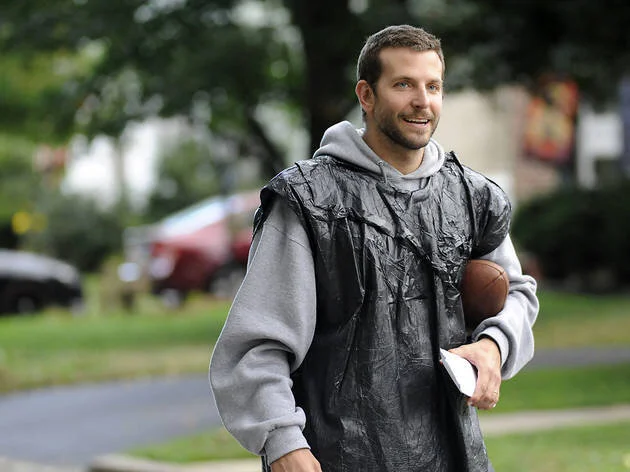
Please judge.